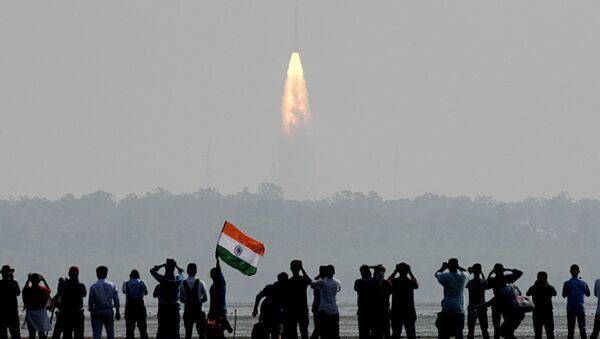Global satellite makers and communication service providers have reached out to Indian Finance Minister Nirmala Sitharaman seeking 100 percent FDI through automatic routes to garner significant investments in the space and satellite industries.
“The commercial satellite broadband segment is attracting billions of dollars across the globe from companies like SpaceX, Amazon, Hughes, Inmarsat, Telesat, and Viasat, and to attract this investment into India, we recommend 100% FDI be allowed under the automatic route", media reports quoted TV Ramachandran, President, Broadband India Forum (BIF) as saying in a letter to Sitharaman.
Formed back in 2015, BIF works closely with the Indian government as an independent policy forum and think tank, aiming to further develop the country’s broadband ecosystem in a “technology and service-neutral manner”.
“Though (India’s) existing policy allows 100 percent FDI in satellites, for both establishment and operation as a subject to government approval, no one has been permitted so far", Ramchandran reportedly noted in the letter.
However, the example of a $500-million FDI proposal of creating a satellite communications system in India by US-based broadband satellite services provider – Hughes— still remains unaddressed by the Department of Space. The investment was extended back 2016, two years after which Hughes also approached the PM office for assistance – results of which remain unknown.
Satellite-based communication (sat-com) services are capable of facilitating services in terrains where mobile networks and WiFi falter.
Sitharaman revealed in May that India was working on a new policy and regulatory structure which would open up a level playing field where private satellite makers and sat-com service providers from around the world would be allowed to invest in the country.
Amid India’s delayed 5G trials, a domestic start-up called Vestaspace Technology announced the launch of a constellation of over 35 satellites to provide communication and connectivity facilities in remote areas of the country.
The unmanned satellites launched by them will work on AI-technology to fetch in-depth data and solutions to industries as well as ordinary people. A total of eight ground stations and 31,000 data receptors have been positioned by the company all over India.


